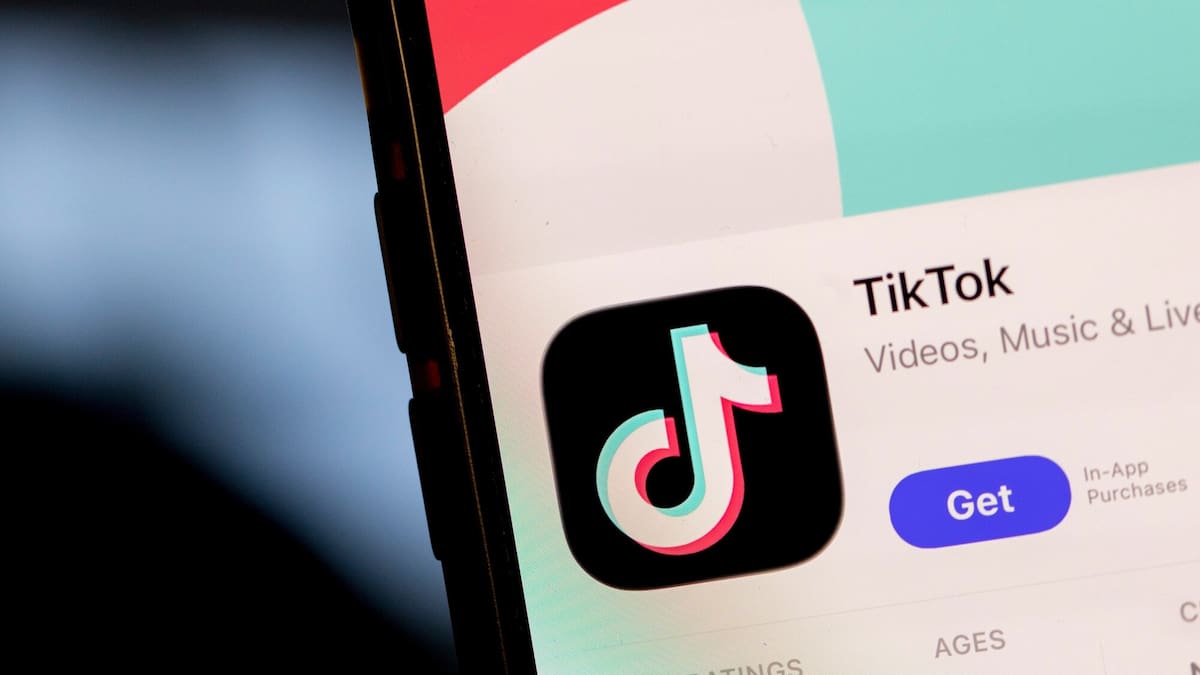Anderson said people should never share personal or financial information with unverified employers.
“Watch for red flags, such as upfront payment requests or communication via free email domains, which are often signs of fraud.”
He said it was essential to verify employer legitimacy through official websites or platforms such as LinkedIn or Glassdoor.
Scammers generated fake profiles with stolen credentials, fake job postings with auto-generated descriptions and AI-driven email campaigns, he said.
These campaigns aimed to trick job seekers into giving away information.
Anderson also urged caution if a remote video call interview seemed unnatural.
He said “odd facial expressions or speech delays” could indicate AI was being used to deceive people.
And it was now possible for scammers using AI to establish fraudulent e-commerce websites within minutes, Anderson said.
Kiwi clothing and outdoor brand Kathmandu was one recent target of an imposter shop on Facebook and it told the Herald the scams were getting more frequent.
And today, ASB said a share trading platform scam used text messages and then an invitation to connect on platforms including WhatsApp.
“AI-powered scams are making it harder for people to distinguish legitimate offers from fraudulent ones, whether through fake product reviews or convincing countdown timers on e-commerce sites,” Anderson said.
He said Kiwis should avoid impulse buying by verifying deals, and cross-checking domain names and reviews before clicking on social media ads.
People should also use secure payment methods with fraud protections instead of direct bank transfers or cryptocurrency, he said.
In response to scams, Microsoft said it had introduced new in-product safety controls.
Anderson said the “Fraud-resistant by Design” policy introduced in January meant Microsoft product teams must perform fraud prevention assessments and implement fraud controls as part of their design process.
He said consumer awareness and vigilance was the most powerful tool to tackle scams, backed with technological solutions.
“The battle against scams will continue, and we remain committed to empowering consumers to protect themselves and their data.”

Microsoft said in the year to April it had thwarted US$4 billion ($6.74b) in fraud attempts globally.
“AI has started to lower the technical bar for fraud and cybercrime actors looking for their own productivity tools, making it easier and cheaper to generate believable content for cyberattacks at an increasingly rapid rate,” the tech company added.
Microsoft said it had also blocked about 1.6 million bot sign-up attempts on average every hour.
In its Cyber Signals Issue 9 report released today, Microsoft said some bad actors were luring victims into increasingly complex fraud schemes using fake AI-enhanced product reviews.
These scams could also involve AI-generated storefronts, where scammers created entire websites and e-commerce brands.
The sham companies could include fake business histories and customer testimonials.
Actors Russell Crowe and Martin Henderson, and New Zealand singer Anna Coddington are among public figures who have been impersonated by scammers.
And after scammers stole broadcaster Wendy Petrie’s identity last year, cyber security agency Cert NZ warned about the misuse of AI.
Microsoft said fraudsters used deepfakes, voice cloning, phishing emails and authentic-looking fake websites to appear legitimate on a wider scale.






